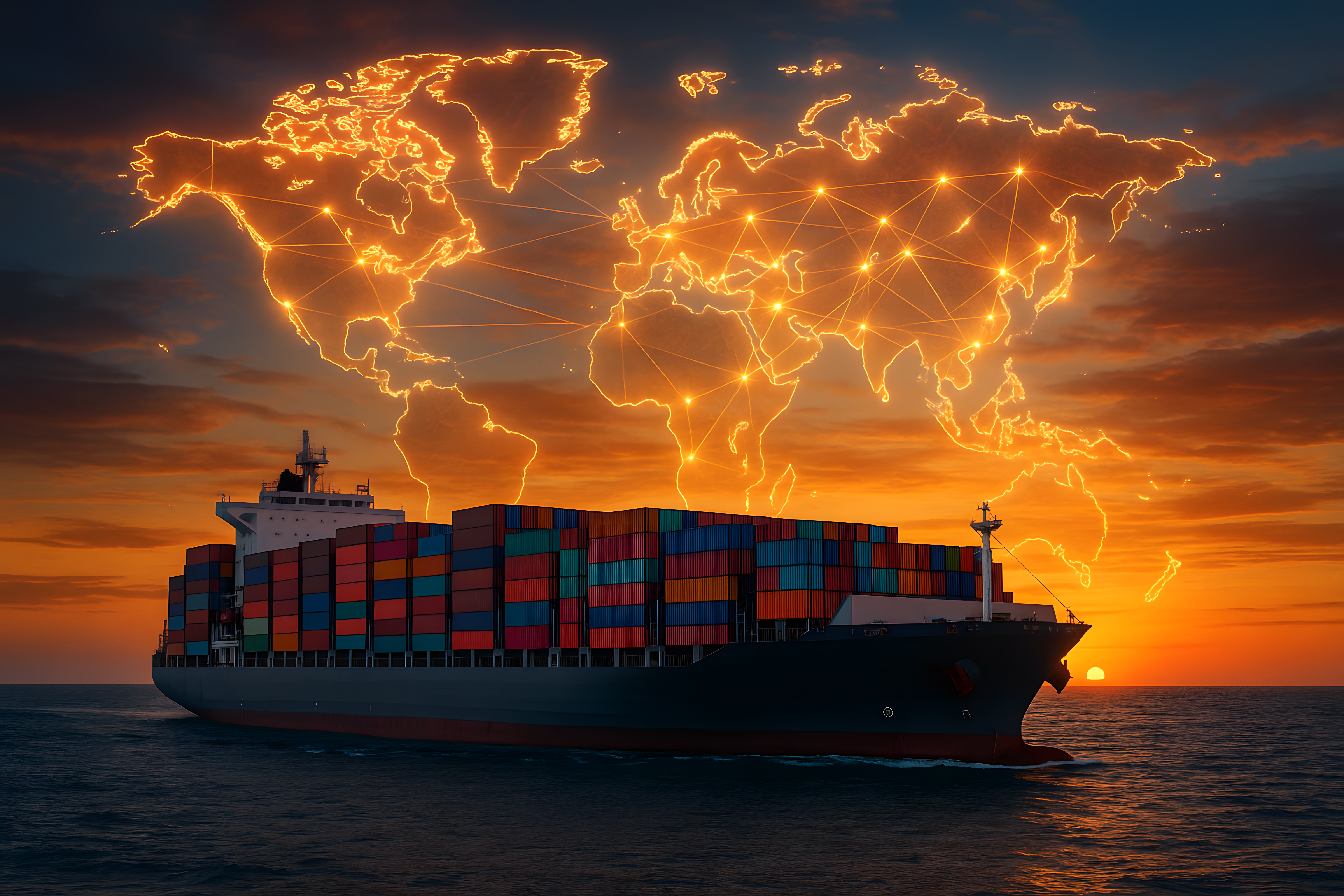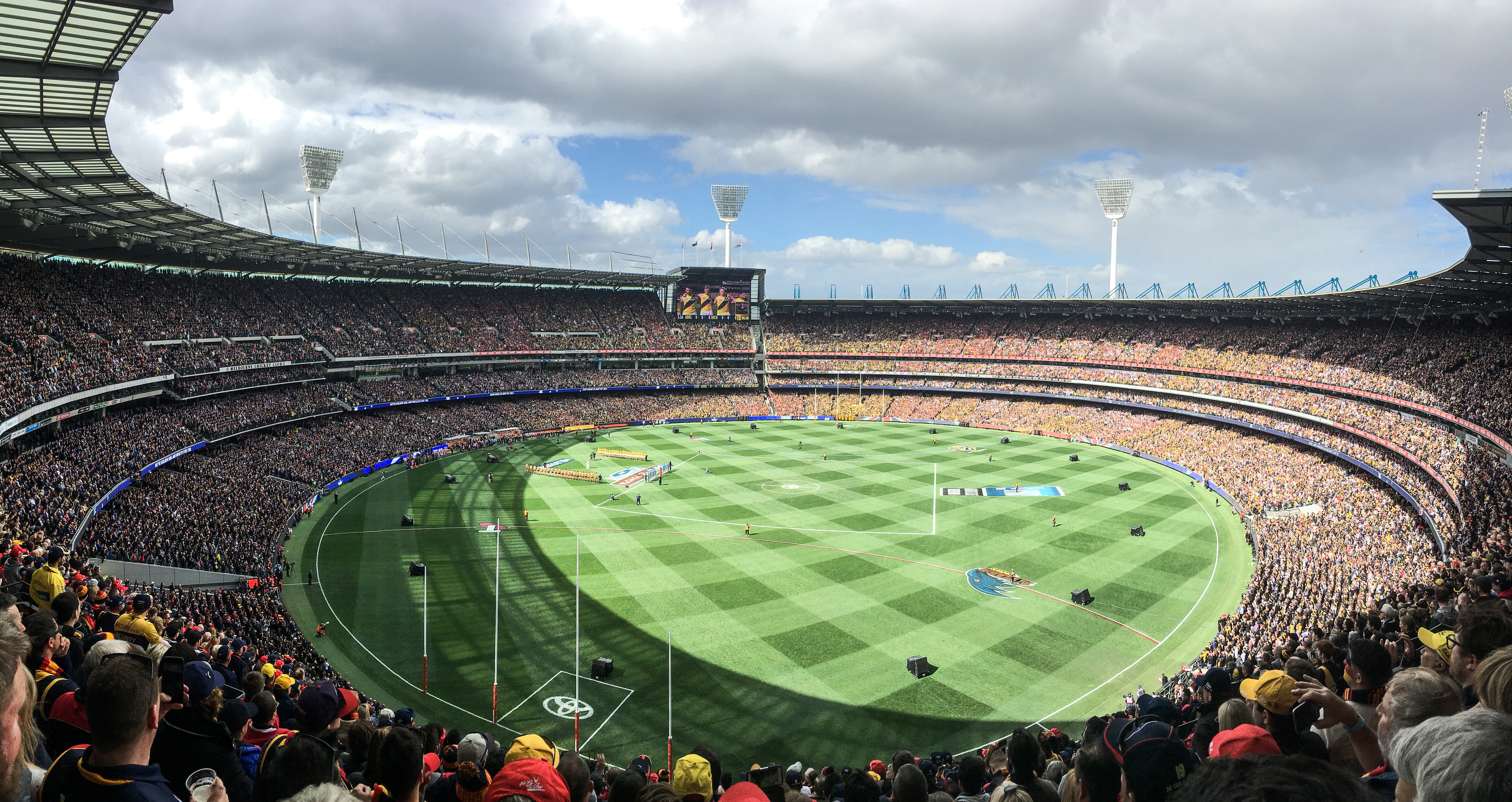As an island nation surrounded by vast oceans, Australia’s connection to distant shores often arrives in the form of international trade. As a relatively open and trade-exposed economy, Australia’s economic wellbeing is closely tied to global demand for its goods and services.
With Prime Minister the Hon Anthony Albanese MP meeting US President Donald Trump next week to discuss tariffs and the AUKUS submarine deal, join Nexus APAC as we examine the negotiations that underpin Australia’s economic relationship with the world.
The Australia-US Economic Relationship
The highly anticipated face-to-face meeting between the Prime Minister and the President will be held on 20 October in Washington. It will mark a significant moment in Australia-US bilateral relations, long awaited since the election of President Trump on 5 November 2024.
Australia and the US maintain a strong economic relationship anchored by the Australia–US Free Trade Agreement (AUSFTA), which has helped reduce tariff barriers and allowed Australian firms to operate more freely in the US market. Since AUSFTA came into force in 2005, two-way trade has grown by 138 percent.
The US is one of Australia’s most significant trading and investment partners, accounting for over $89 billion in annual trade in goods and services and contributing over a quarter of Australia’s inbound foreign investment.
The 10 percent baseline ‘Liberation Day’ tariffs introduced by the United States in April, with goods such as steel and aluminium subject to higher tariffs, have already begun to affect Australian businesses and economic growth. Industries like agriculture and manufacturing are facing reduced competitiveness in the US market, while broader economic indicators show a modest dip in GDP and investor confidence. As these pressures mount, Prime Minister Albanese’s upcoming meeting with President Trump is expected to focus on managing the bilateral economic relationship.
Australia-UAE Comprehensive Economic Partnership Agreement
A few weeks ago, the Prime Minister met with President of the UAE, His Highness Sheikh Mohamed bin Zayed Al Nahyan, to sign the Australia-UAE Comprehensive Economic Partnership Agreement (CEPA).
The UAE is Australia’s largest trade and investment partner in the Middle East, with two-way trade in goods and services exceeding $12.3 billion and investment stock reaching $23.7 billion in 2024.
Once fully implemented, CEPA will eliminate over 99 percent of tariffs for Australia’s exports to the UAE by value. While most tariffs were eliminated on entry-into-force on 1 October 2025 or locked in at zero, others (such as dairy, red meat and wine) will be eliminated over three or five stages.
CEPA is commercially significant for Australian exporters, providing an opportunity for diversification into a key Middle Eastern market, and providing certainty around tariff treatment. It also strengthens Australia’s economic ties with a region still largely untapped by many local exporters.
Australia-EU Free Trade Agreement
A key objective of the Albanese government’s international economic agenda is securing a free trade agreement with the European Union, with negotiations launched in June 2018. The EU represents a vast, high-income market of over 450 million people and had a nominal GDP of US$19.4 trillion in 2024. It is Australia’s second-largest source of foreign investment and third-largest two-way trading partner.
To revive stalled negotiations for an Australia-EU Free Trade Agreement, Minister for Trade and Tourism, Senator the Hon Don Farrell, met with the European Commissioner for Trade Maros Sefcovic on the sidelines of the June 2025 OECD Ministerial Council Meeting in Paris.
The EU applies higher tariffs than Australia on many industrial goods, with Australian exports facing duties of up to 12 percent on minerals and metals, 10 percent on wood and paper, and 7 percent on chemicals. Australia is seeking the removal of these tariffs to give its exporters a competitive edge. In return for improved access to the EU market, Australia will make proportional tariff reductions on EU imports, helping lower consumer prices.
Cooking with Gas: Australian LNG on the International Stage
On Monday, addressing the Australia-Japan Joint Business Conference in Perth, Minister for Resources, the Hon Madeleine King MP, assured Japanese counterparts that any future east coast gas reserve will not affect Asia’s energy security.
Japanese investment in Western Australia’s gas sector during the 1980s played an important role in establishing the multibillion-dollar LNG industry. This legacy was highlighted by Minister King and Western Australian Premier the Hon Roger Cook MLA, who both underscored its continued importance to national prosperity during Monday’s conference.
The remarks come as the Albanese Government considers introducing an east coast gas reservation, similar to Western Australia’s model introduced in 2006, amid growing concerns over a domestic energy shortfall in coming years. While not yet formal policy, this reflects the Government’s recognition of gas as a critical fuel for Australia’s energy infrastructure during the transition to renewables.
Japanese LNG buyers have expressed concern over the potential introduction of an east coast gas reservation in Australia, fearing it could reduce their ability to secure long-term supply commitments and pose risks to Japan’s energy security. As Australia accounts for around 20% of global LNG trade, with exports valued at $90 billion, any shift in policy could have significant implications for international energy markets.
As Australia continues to manage and advance its economic interests in a complex global trade environment, strategic engagement, diversification of export markets, and the pursuit of high-quality trade agreements will remain central to its long-term prosperity. By balancing domestic priorities with international opportunities, Australia is positioning itself to navigate global challenges while securing sustainable economic growth.
Stay tuned for more Nexus APAC insights as we continue to track the issues that matter most in Canberra.
Latest posts by Nexus APAC (see all)
- Examining Medicine Shortages in Australia - February 7, 2026
- The Secretaries of Federal Departments - January 31, 2026
- Merry Christmas from the Nexus APAC Team - December 19, 2025



